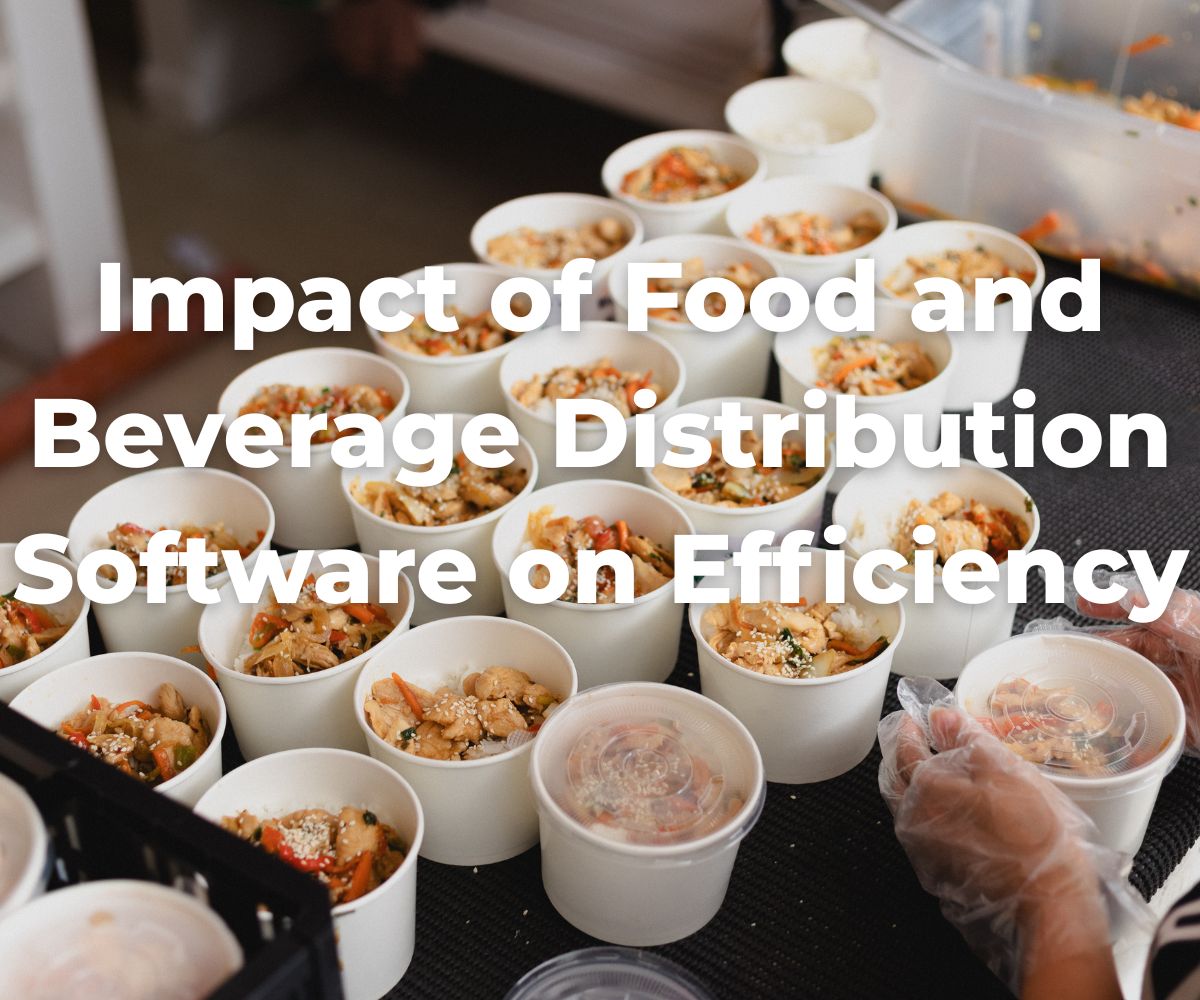intelligent software in vending machines
Description
The Future of Vending Machines: Intelligent Software and Advanced Technology
Vending machines have been a staple in our lives for decades, offering a convenient way to purchase snacks, beverages, and other products on the go.
However, in recent years, the vending machine industry has witnessed significant advancements in intelligent software and advanced technology, revolutionizing how these machines operate.
This blog explores the exciting developments in vending machines, discussing how intelligent software and advanced technology are shaping the future of this industry.
Intelligent Software in Vending Machines
Artificial intelligence (AI) has emerged as a game-changer in various industries, and vending machines are no exception.
Intelligent software brings a range of benefits to these machines, enhancing their functionality and improving the overall customer experience.
One of the key applications of AI in vending machines is machine learning algorithms that enable personalized product recommendations.
By analyzing consumer data and preferences, these algorithms can suggest suitable products based on individual tastes, dietary restrictions, and purchasing history.
This level of personalization enhances customer satisfaction, boosts sales, and encourages repeat business.
Moreover, AI-powered inventory management and predictive maintenance are crucial in optimizing vending machine operations.
With intelligent software monitoring inventory levels in real-time, vending machine operators can efficiently restock products and prevent out-of-stock situations.
Additionally, predictive maintenance algorithms can identify and address potential issues before they cause disruptions, minimizing downtime and reducing maintenance costs.
Furthermore, facial recognition technology and voice commands are being integrated into vending machines to enhance customer interaction.
Facial recognition enables personalized greetings and recommendations based on previous purchases, creating a more engaging and tailored user experience.
Voice commands allow customers to easily navigate options and make selections, offering a hands-free and intuitive interface.
Advanced Technology in Vending Machines
In addition to intelligent software, advanced technology transforms vending machines by introducing innovative features that enhance convenience and efficiency.
One significant advancement is the integration of touchless interfaces.
Touchless interactions have become essential for public health and hygiene in a post-pandemic world.
Vending machines in India equipped with touchless interfaces, such as gesture control or proximity sensors, eliminate the need for physical contact, reducing the risk of germ transmission.
Users can simply scan the QR code on the machine and select products they wish to buy from the app-less interface on their phone, just like buying products on an e-commerce platform.
Internet of Things (IoT) connectivity is another key technology reshaping the approach of retail brands that now want to buy vending machines.
By connecting these machines to the internet, operators can monitor real-time data, including sales, inventory levels, and machine performance.
This connectivity enables remote management, allowing operators to address issues, update product offerings, and analyze consumer behavior from a centralized location.
IoT integration facilitates proactive maintenance by sending alerts and notifications for necessary repairs or restocking.
Cashless payment options have gained immense popularity recently, and vending machines are adapting to this trend.
Mobile wallets, contactless cards, and QR code payments provide convenient and secure alternatives to traditional cash transactions.
By embracing cashless payment methods, vending machines cater to evolving consumer preferences and streamline purchasing.
Moreover, augmented reality (AR) and virtual reality (VR) transform vending machines' product displays.
AR allows users to visualize products in a real-world environment, offering interactive and engaging experiences.
Conversely, VR enables virtual simulations, allowing customers to explore different product options before making a purchase.
These technologies create immersive and memorable encounters, making vending machines more than just transactional devices.
Enhanced Product Selection and Customisation
Gone are the days when vending machines were limited to snacks and beverages.
The future of vending machines lies in expanding product offerings and providing customization options to cater to diverse consumer preferences.
Vending machines now incorporate a more comprehensive range of products, including fresh food, healthy snacks, beauty products, electronics, and prescription medications.
With intelligent software and advanced technology, vending machines can accommodate a broader selection of items, catering to different needs and preferences.
In addition to expanding product offerings, vending machines are embracing customization options.
Customers can personalize their orders through digital interfaces, choosing specific ingredients, flavors, or sizes.
This level of customization provides a sense of empowerment and allows individuals to create products tailored to their preferences.
For example, a vending machine might offer the option to customize a salad with various toppings, dressings, and protein choices.
Such customization enhances the customer experience and promotes a sense of ownership and satisfaction.
Moreover, vending machines are incorporating healthier and eco-friendly product options.
As consumers become increasingly health-conscious, vending machines adapt to offer nutritious snacks, organic beverages, and fresh food choices.
This shift aligns with the growing demand for healthier alternatives and contributes to promoting well-being.
Furthermore, vending machines are exploring sustainable practices by incorporating eco-friendly products and adopting environmentally conscious practices.
For instance, vending machines can offer biodegradable packaging, reusable containers, or products that support fair trade and ethical sourcing.
By promoting sustainability, vending machines contribute to a greener future and resonate with environmentally conscious consumers.
Impact on Businesses and Consumers
Integrating intelligent software and advanced technology in vending machines has far-reaching implications for businesses and consumers.
For businesses, these advancements unlock new revenue opportunities.
Intelligent software provides valuable data insights, enabling businesses to understand consumer preferences, purchasing patterns, and market trends.
This data-driven approach allows businesses to optimize product offerings, tailor marketing strategies, and make informed business decisions.
Vending machine operators can leverage this information to enhance their profitability and competitiveness.
Additionally, intelligent software and advanced technology enhance customer satisfaction and convenience.
Personalized recommendations, touchless interfaces, and cashless payment options make purchasing more streamlined and user-friendly.
Vending machines equipped with AI and IoT capabilities ensure products are readily available, minimizing the chances of disappointment due to out-of-stock items.
This level of convenience and reliability builds customer trust and encourages loyalty.
Furthermore, implementing intelligent software and advanced technology improves operational efficiency for vending machine operators.
Real-time inventory management and predictive maintenance prevent costly disruptions and optimize resource allocation.
Remote management capabilities through IoT connectivity enable operators to monitor multiple machines from a centralized location, reducing the need for on-site visits and minimizing operational costs.
These efficiencies translate into better profitability and resource utilization.
However, while the future of vending machines looks promising, there are also considerations and challenges to address.
Privacy concerns related to facial recognition and data security must be carefully managed to protect consumer information.
Accessibility and inclusivity should also be considered to ensure that vending machines are user-friendly for people with disabilities or language barriers.
Moreover, the initial investment required to implement intelligent software and advanced technology may pose financial challenges for some vending machine operators, notably smaller businesses.
In Conclusion
Intelligent software and advanced technology are reshaping the future of vending machines, offering a glimpse into a more personalized, convenient, and efficient consumer experience.
AI-powered algorithms, touchless interfaces, IoT connectivity, and customization options revolutionize how vending machines operate.
These advancements benefit businesses by providing valuable insights and revenue opportunities and enhancing customer satisfaction and convenience.
As the vending machine industry continues to evolve, it is crucial to address considerations such as privacy, accessibility, and financial implications.
By carefully navigating these challenges, vending machines can truly unlock their potential as intelligent, technology-driven devices that cater to consumers' diverse needs and preferences.
The future of vending machines is a fusion of intelligent software and advanced technology, where convenience, personalization, and sustainability converge.
With continuous innovation and adaptation, vending machines will continue to play a significant role in our daily lives, offering a seamless and engaging shopping experience on the go.






















